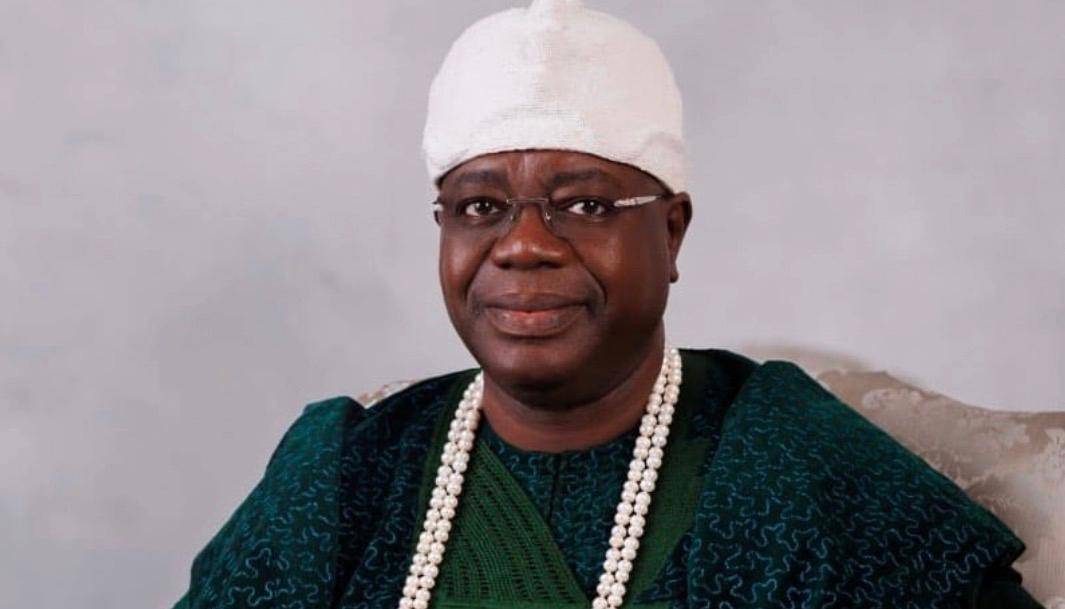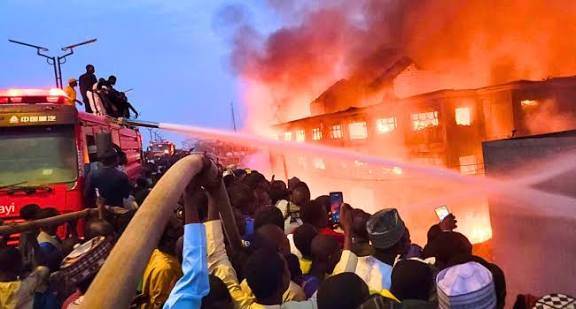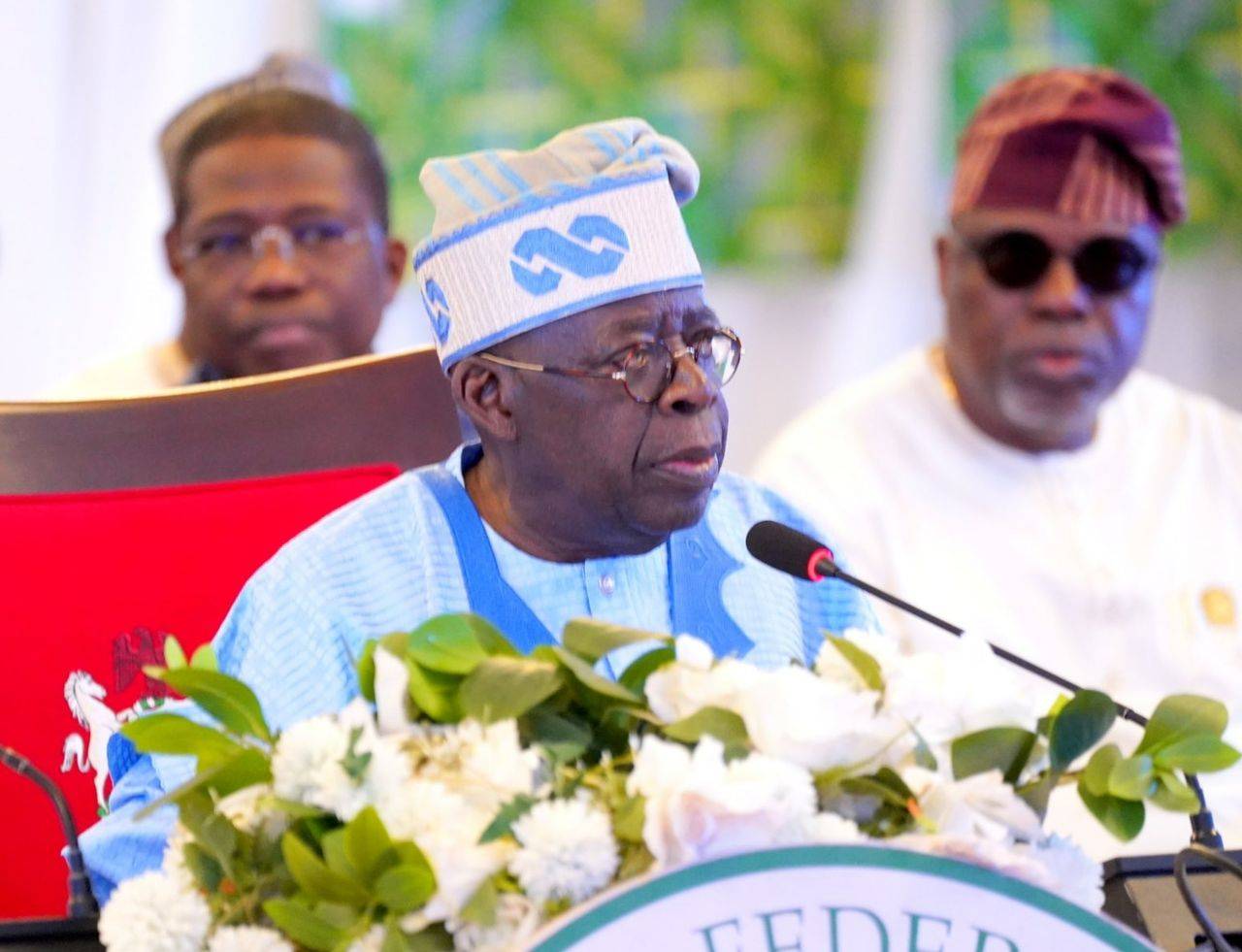Herbert Macaulay, captured in a moment of focused diligence, sits at a desk adorned in a light-colored suit and a bow tie, engrossed in the act of writing with a pen.
His famous photograph, taken in 1946 at his residence known as Kirsten Hall, House No. 8, Balbina Street, Lagos Island remains as bold and captivating as ever.
A man of multifaceted talents and titles, Macaulay’s legacy is as diverse as the nicknames he acquired throughout his lifetime – from ‘Ejo n’Gboro’ (the one who throws scare into people as a snake would if seen in the city) to ‘the Wizard of Kirsten Hall’ and the ‘Grand Old Man of Lagos politics,’ among other aliases.
Beyond his role as a surveyor, Macaulay left an indelible mark on the architectural landscape of Lagos.
His plans adorned prestigious buildings such as the French Company’s premises on the Marina, Dr. Henry Carr’s house at Tinubu Square, Mr. E. J. Alex-Taylor’s residence at Victoria Road, Dr. A. Maja’s Doherty Villa, and the African Oil Nuts on the Marina.
Macaulay’s influence transcended professional boundaries, for he was not merely a Nationalist, Musician, Surveyor, Journalist, Babalawo, and freedom fighter but a thorn on the flesh of British Colonialists.
Imprisoned in 1913 at the infamous Broad Street Prison, he endured hardship with unyielding resilience.
A man of flamboyance and style, Macaulay wore his passion for Lagos as a badge of honor, defending and fighting for the city with pride and dignity.
His love for Ifa and the traditional ways of his forebears further underscored his commitment to preserving cultural heritage.
Olayinka Herbert Samuel Heelas Badmus Macaulay, a visionary ahead of his time, drew his last breath on May 4, 1946, at Kirsten Hall.
His residence, House No. 8, Balbina Street, Lagos Island, stands as a testament to the enduring legacy of a man who left an indelible mark on the history of Lagos and the fight for freedom and justice.
Source: facebook












